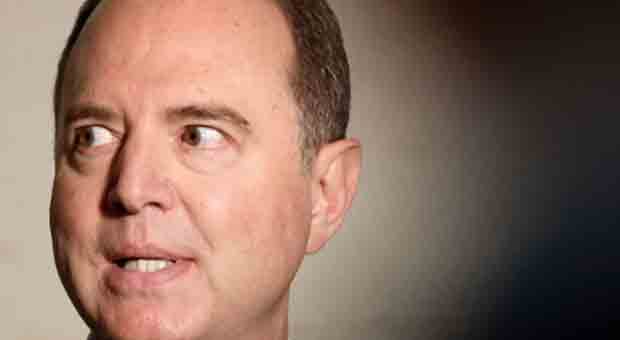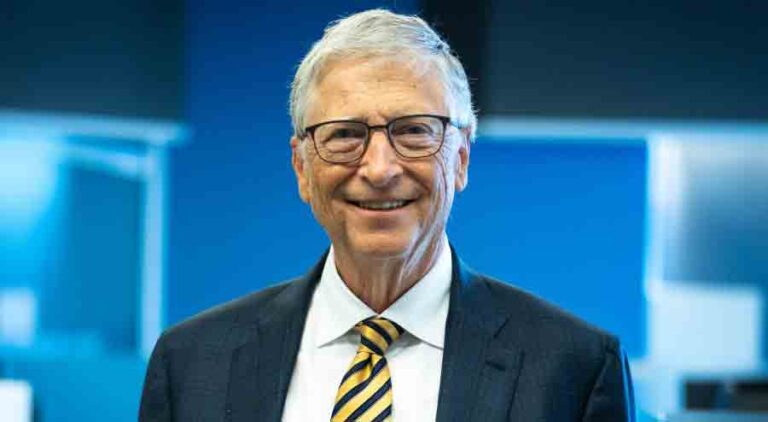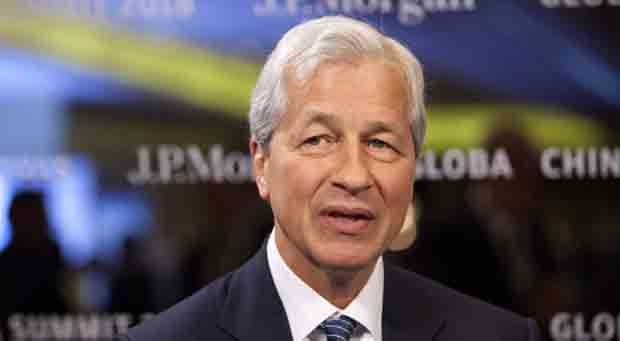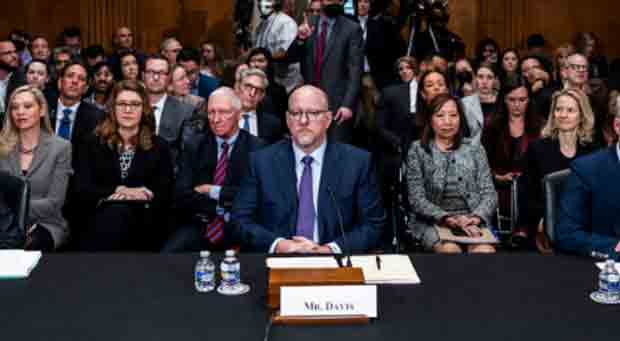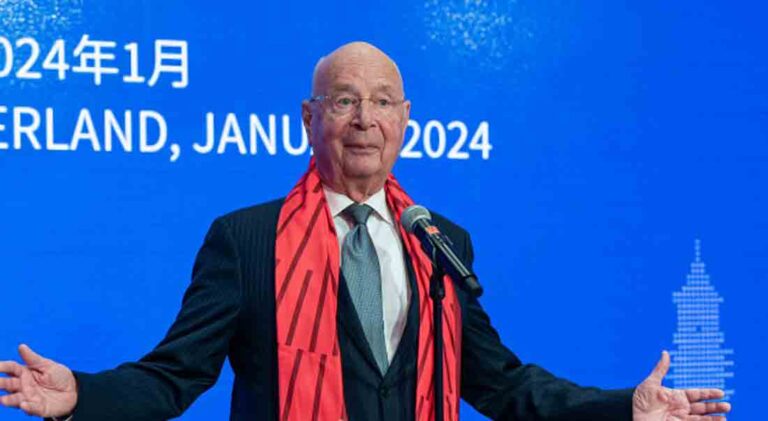The World Economic Forum (WEF) released a white paper emphasizing the necessity for global governance in response to the evolution of the internet into a “blended reality” or metaverse. The paper also highlighted their dystopian plans for digital identity verification and the role of biometric sensors locking down humanity into a digital prison.
Note: The “metaverse” referenced in the document is a general term for an interconnected virtual and physical digital reality, not specifically Meta, the platform developed by Facebook and Mark Zuckerberg.
Titled Shared Commitments in a Blended Reality: Advancing Governance in the Future Internet, the white paper explores theoretical frameworks for managing advanced information technology systems designed to enhance human digital experiences.
The report stresses the urgent need for global control to address the challenges posed by the advancing internet.
That’s right, their control.
“Current internet governance is decentralized and fragmented, highlighting the urgent need for collaborative global governance frameworks,” the paper states on page 8.
The document envisions a future internet where emerging technologies such as extended reality (XR), artificial intelligence (AI), 6G, the Internet of Things (IoT), blockchain, robotics, and digital twins converge to create a seamless digital-physical reality.
It further explains that this transformation demands a governance model capable of addressing the complex interplay between digital technologies and the norms of the physical world.
“The convergence and adoption of key emerging technologies – like extended reality (XR) paired with artificial intelligence (AI), 6G, internet of things (IoT), blockchain, robotics, digital twins, etc. – is propelling the internet into a new ‘blended reality’ often referred to as ‘the metaverse’ or the ‘future of the internet’,” the white paper said on page 4.
RELATED: Klaus Schwab Forced to Rebrand the ‘Great Reset’ as ‘Humanocracy’
“Some technologists believe that the metaverse is the experience layer – or interface layer – of the future internet, which will be underpinned by scaling technologies like XR hardware, AI and distributed ledger technology (DLT) (including blockchain and other applications). This blended reality requires a cohesive governance approach that considers the expanding interplay between digital networks, hardware, software, data and the norms and expectations of physical reality. This report outlines a vision for how governance must evolve to meet the unique challenges posed by this new blended reality paradigm.”
The white paper warns of potent impacts on internet users as such technologies develop.
“Digital spaces have long been a forum for pronounced cyberbullying, harassment, abuse, exploitation, privacy violation, etc. Physical-digital blended spaces will see exacerbated forms of these issues,” the white paper said on page 14.
“In blended reality, people cannot ‘unsee’ or ‘un-experience’ interactions. While people cannot unsee or un-experience reality today, the types of spatial experiences an individual could be exposed to bring dynamic, evolving, palpable and visceral experiences. This underscores the urgency of refining and implementing a set of guiding commitments.”
It warns that experiences in this “new reality” could be more visceral and harder to forget, underscoring the urgency of governance reform.
The WEF’s key recommendation is the adoption of digital identity systems to link individuals’ online activities to their real-world identities. In other words, a complete grid on control of veryone on the planet.
“Identification management involves enabling appropriate measures for individuals interacting with IT systems. This includes aspects of personal and digital identity, entities, and associated ownership,” the paper outlines on page 17.
The paper highlights the pivotal role of hardware devices, including smartphones, biometric sensors, and XR headsets, in reshaping how people interact with the internet and one another.
“These technologies blur the line between online and offline lives, creating new challenges and opportunities that require a coordinated and informed approach,” the report states on page 7.
This blurring of boundaries suggests a future where users’ online interactions may be linked to physical attributes, such as fingerprints or eye scans, facilitated by biometric sensors.
The white paper presents the metaverse as a so-called opportunity to redefine global governance norms, emphasizing the need for collaboration among industry, governments, academia, and civil society.
“This future state can only be achieved if stakeholders align on a human-first approach, ensuring that the metaverse and its technologies are socially and economically beneficial for everyone,” the paper explains on page 3.
The WEF’s concept of “stakeholder capitalism,” as outlined by founder Klaus Schwab, advocates for governance that prioritizes values like sustainability and inclusivity and is led by corporate and global stakeholders.
“By adopting these commitments, stakeholders can shape a future internet that balances innovation with responsibility. The next steps involve aligning global standards and policies with these commitments and creating multistakeholder forums to drive collaboration,” the white paper said on page 4.
The document includes a disclaimer on page 2, clarifying that the findings and conclusions do not necessarily represent the views of the WEF or its partners but result from a collaborative process facilitated by the organization.
“This document is published by the World Economic Forum as a contribution to a project, insight area or interaction. The findings, interpretations and conclusions expressed herein are a result of a collaborative process facilitated and endorsed by the World Economic Forum but whose results do not necessarily represent the views of the World Economic Forum, nor the entirety of its Members, Partners or other stakeholders.”





